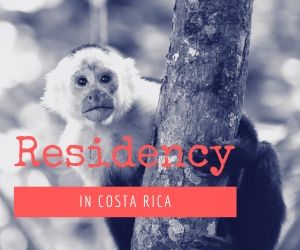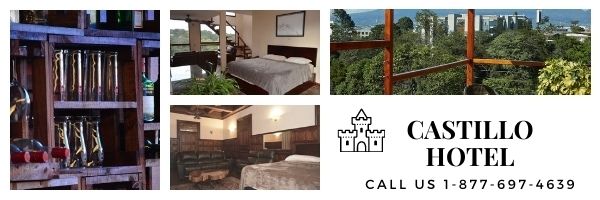This article in todays issue of
Inside Costa Rica might give some clue as to the poor level of police services that are apparent through out the country.
Quote:
Low Salaries Leaves Police Officers Living Burdened With Debt
A study by the Ministerio de Seguridad Pública shows that the country's police officials are up to their eyeballs in debts, some many spending as much as 90% of the salaries to pay their debts. The desire to purchase appliances, cellular phones and other consumer goods, means an overburden of debt.
The study shows that the average policeman gross monthly salary of between ¢155.000 (us$300) and ¢250.000 (us$480) barely provides the basics, but totally inadequate when applying for home loan.
That is the reality for thousands of low level members of the Fuerza Pública and those who have low education who can never to aspire upward movement and better salaries.
According to Rigoberto RodrÃguez, a director of the Fuerza Pública, more than 6.000 officials do not count with a third year college, a requisite for a carrer in the police force.
That number represents a little more than half (55%) of the total police force of 11.000 members who will only see basic salaries and minimum increases.
The base salary of a new police officer is ¢155.000 colones monthly, slightly higher than ¢7.000 colones more than a labourer in construction or farming.
The major difference is that labourers do not put their lives in the way of assaults, homicides and other forms of violence that police officials have to face each day.
The study was a result of a request by the Ministerio de Vivienda (Housing Ministry), the government agency that offers home loans and housing bonds to police officers of low income and rank.
Vivienda minister, Fernando Zumbado, confirmed that of the 700 police officers who applied for a home loan or bond, only five qualified, the balance were too indebted to qualify.
"Most have debts for appliances, are paying alimony or have to support a large family", said Zumbado.
For his part, Seguridad minister, Fernando Berrocal, has refused to comment on the salary issue.
Director RodrÃguez said that employers cannot intervene in the way employees use their salaries and that the Seguridad ministry is discussing with the Ministerio de Hacienda (Revenue ministry) for more money to raise salaries for 2008.
For his part, the vice- minister of Seguridad, Rafael Gutiérrez, minimized the problem of the low salaries, saying that it is a cultural problem, because in Costa Rica "everyone gets into more debt than they should."
_________________

Pura Vida

Only Irish coffee provides in a single glass all four
essential food groups:
alcohol, caffeine, sugar and fat.
Alex Levine











